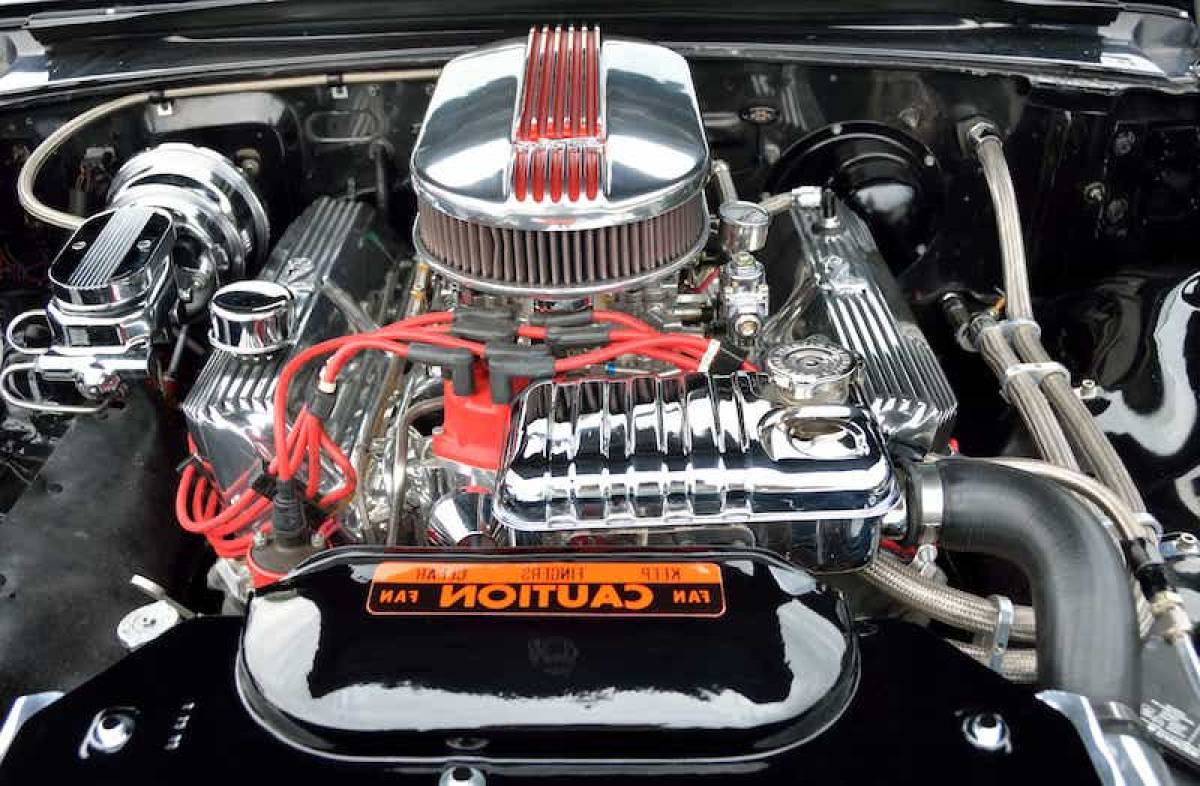Common Diesel Engine Problems and Solutions to Fix Them

If you own a diesel truck or car, then you probably have it for two reasons: efficiency and power.
Diesel cars give better fuel economy than their petrol counterparts, as well as offering more torque on tap for those who want to tow or the like. They are a great option if you regularly cover a lot of high-speed miles as opposed to lots of short trips.
And, if you always look after your car’s diesel engine and take it for servicing consistently, you may never experience any downtime or issues with your engine.
However, if it happens that you experience issues with your car’s diesel engine, then you may lose both efficiency and power and experience serious downtime.
In that case, you want to address the issue with your diesel engine swiftly and get it fixed so that you get back up running as fast as possible.
Common Diesel Engine Problems and Fixes
There are many different reasons why diesel engines experience issues, and identifying the problem and fixing it promptly will reduce your downtime.
Some of the most common diesel engine problems you may encounter, and solutions to fix them so you get back on track sooner, include:
1. Faulty diesel injectors
The heart of your diesel engine is the fuel injection system. The system is necessary for pressurizing and injecting fuel into the combustion chamber's compressed air. It atomizes the fuel and feeds it into the injectors, adjusting the quantity and timing of the fuel.
Fuel injectors improve fuel efficiency, reduce the need for fuel system maintenance, and reduce pollutants.
Your diesel fuel injector pump has an average lifespan of 100,000 miles. The injector body and nozzles make up a standard injector. If either of these two become clogged or malfunction, the entire vehicle's functionality is jeopardized.
Your injectors are defective if you notice any of the following symptoms in your diesel truck:
- You're having trouble starting your car or experiencing uneven idling. If your diesel engine cranks but won't start unless you crank it for a long period, your injectors are probably defective.
- Your car is misfiring when you turn it on. There could be a lack of proper fuel injection or a fuel charge that fails to ignite in one of the cylinders, resulting in no combustion. A comprehensive diagnosis from professionals will identify the malfunctioning combustion process.
- Diesel smell in the cabin. The scent of diesel in the cabin could indicate a leak. This shows a lousy injector that allows diesel to flow from the nozzle.
- Dirty emissions. Fuel combustion will be partial and uneven due to injector deposits and blocked fuel filters, resulting in thick smoke emissions from your exhaust.
- Decreased fuel economy. Faulty injectors will burn more fuel, resulting in higher fuel combustion and affecting the efficiency and performance of your vehicle.
If you notice any of the above issues with your car, ensure you take it to a professional to check it immediately.
2. Problems with your engine oil
Since your car travels many miles, it is vulnerable to wear and tear. The engine oil is the lubricant that decreases wear on moving parts and is the most prevalent problem associated with engine problems.
Expect problems with oil oxidation if your car or truck sits idle for an extended period or is stored between seasons.
Oil oxidation occurs when air enters the oil and forms bubbles, disrupting appropriate lubrication and resulting in a sluggish or damaged engine. Even if the oil isn't technically unclean, it needs to be changed after sitting for too long.
Bad engine oil can also lead to hard starting and engine failure. If you use unsuitable oil, air will access the hydraulic system that assists the fuel injection pump, resulting in foam that leads to fake fuel injection pressure.
Due to humidity variations and other weather-related difficulties, it's critical to use the correct engine oil that manufacturers prescribe for different seasons of the year. You can use single-weight oil in the summer, but multi-weight oil will be enough in the winter to ensure good engine function.
High oil levels usually indicate fluid leaks elsewhere in the engine. Your mechanic will discover the source of the leak and make the required repairs. After that, the oil should be drained and replaced with diesel engine oil of the proper quality.
It's also a good idea to swap out your oil filters. Low oil pressure can sometimes be caused by something as simple as clogged filters, so it's also essential to check your pressure sensor.
3. Faulty glow plugs
A glow plug in a diesel engine aims to help preheat and warm up the engine cylinders so that fuel combustion may take place efficiently. They are critical in warming the engine cylinders during cold starts, which are notoriously difficult.
When glow plugs break or become damaged, it can affect the vehicle's performance and lead to engine failure.
When current is delivered to a glow plug, the electrode warms up and glows orange. If your glow plugs are faulty, you may face the following problems with your car:
- Misfires in the engine or a drop in power acceleration. When your engine misfires, it's usually the first clue that your glow plugs aren't working properly. Defective glow plugs will not deliver the additional heat required for diesel combustion, resulting in engine misfires. Misfires in the engine can cause a loss of power, fuel efficiency, and acceleration.
- It's difficult to get started. Unlike gasoline engines, which typically employ a spark to ignite the fuel, diesel engines typically use cylinder pressures to do so. If the glow plugs fail, the engine will have to work harder to ignite the fuel, resulting in a difficult start.
- Exhaust-related smoke. Defective Glow plugs might hinder the combustion process, causing the engine to smoke.
All diesel engines have glow plugs, essential for starting and operating the engine. Have your diesel engine or car inspected by professionals if any of the symptoms listed above appear or if you fear your glow plugs are failing.
In Conclusion
The list above does not include everything that could be wrong with your diesel engine and causing you problems; it is intended to give you an idea of what could be going on under the hood.
If you have any further questions or are experiencing severe problems with your diesel engine, don't hesitate to contact your mechanic.

![9 Tips for Managing Your Online Writing Projects Efficiently [node:titile]](/sites/default/files/styles/thumbnail_rectangle/public/open-book-laptop-online-writing-tips.jpeg?itok=iq4PIT7b)
















![Going On a Camping Trip? Common Problems to Prepare for [node:title]](/sites/default/files/styles/video_thumbnail_bottom/public/u134/prepare-for-common-camping-trip-problems-beforehand.jpg?itok=kMCs9P5b)

